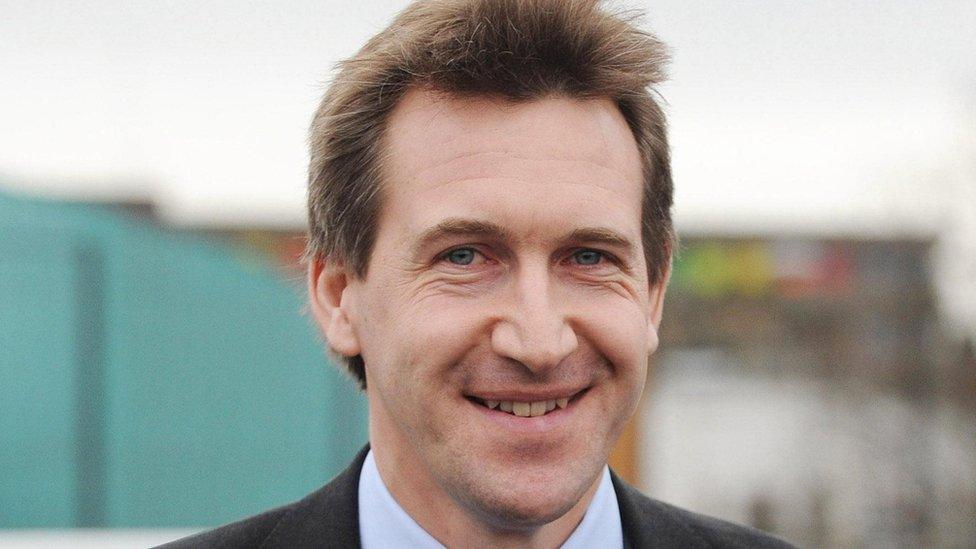Rebecca Long Bailey outlines vision for Labour's future
- Published
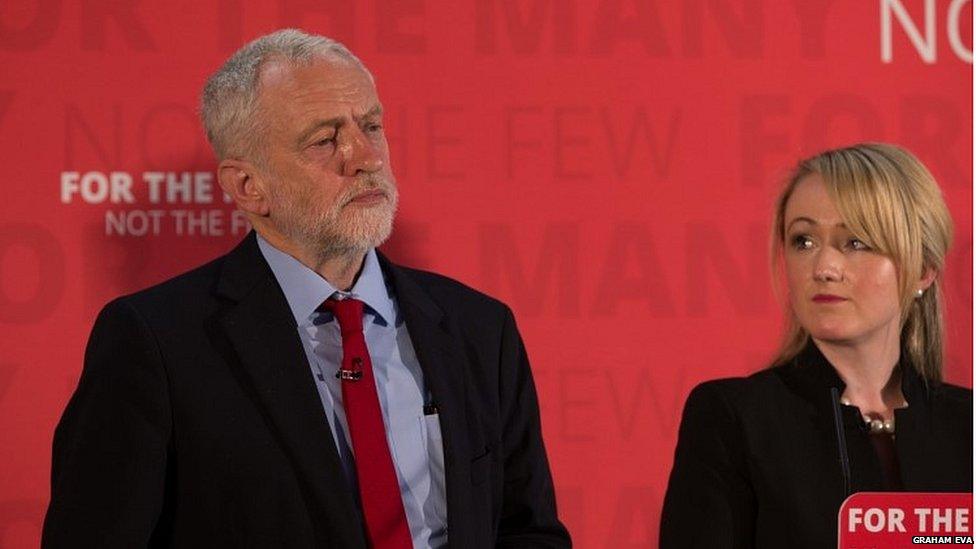
Rebecca Long Bailey is believed to be favoured by some key figures within Jeremy Corbyn's inner circle
Rebecca Long Bailey has confirmed she is considering standing in the contest to be Labour's next leader, pledging to champion "progressive patriotism".
Writing in the Guardian, external, she blamed Labour's decisive election defeat on its "compromise solution" on Brexit, as well as a lack of trust among voters.
However, the shadow business secretary insisted its policy agenda was popular.
She also confirmed she will back shadow education secretary Angela Rayner for the vacant post of deputy leader.
Jeremy Corbyn has said he will stand down as leader early next year in the wake of Labour's election defeat earlier this month, where much of the party's traditional Northern strongholds fell to the Conservatives.
While the timetable for the contest has yet to been announced, it is expected to begin next month, with a new leader set to be in place by the spring.
Labour was defeated for a fourth election in a row and recorded its worst performance, in terms of seats, since 1935.
Despite not yet formally declaring her candidacy, Mrs Long Bailey is seen as a frontrunner in the contest to replace Mr Corbyn, with her main rivals expected to include shadow Brexit secretary Sir Keir Starmer and Wigan MP Lisa Nandy.
In her first substantive comments on the election results, the Salford and Eccles MP said Labour's Brexit policy "satisfied too few" but defended the party's policies.
"We didn't lose because of our commitment to scrap universal credit, invest in public services or abolish tuition fees," she wrote.
Mrs Long-Bailey is widely viewed to be the favourite among Corbyn supporters, and frequently defended the party's policies on the airwaves during the election campaign.

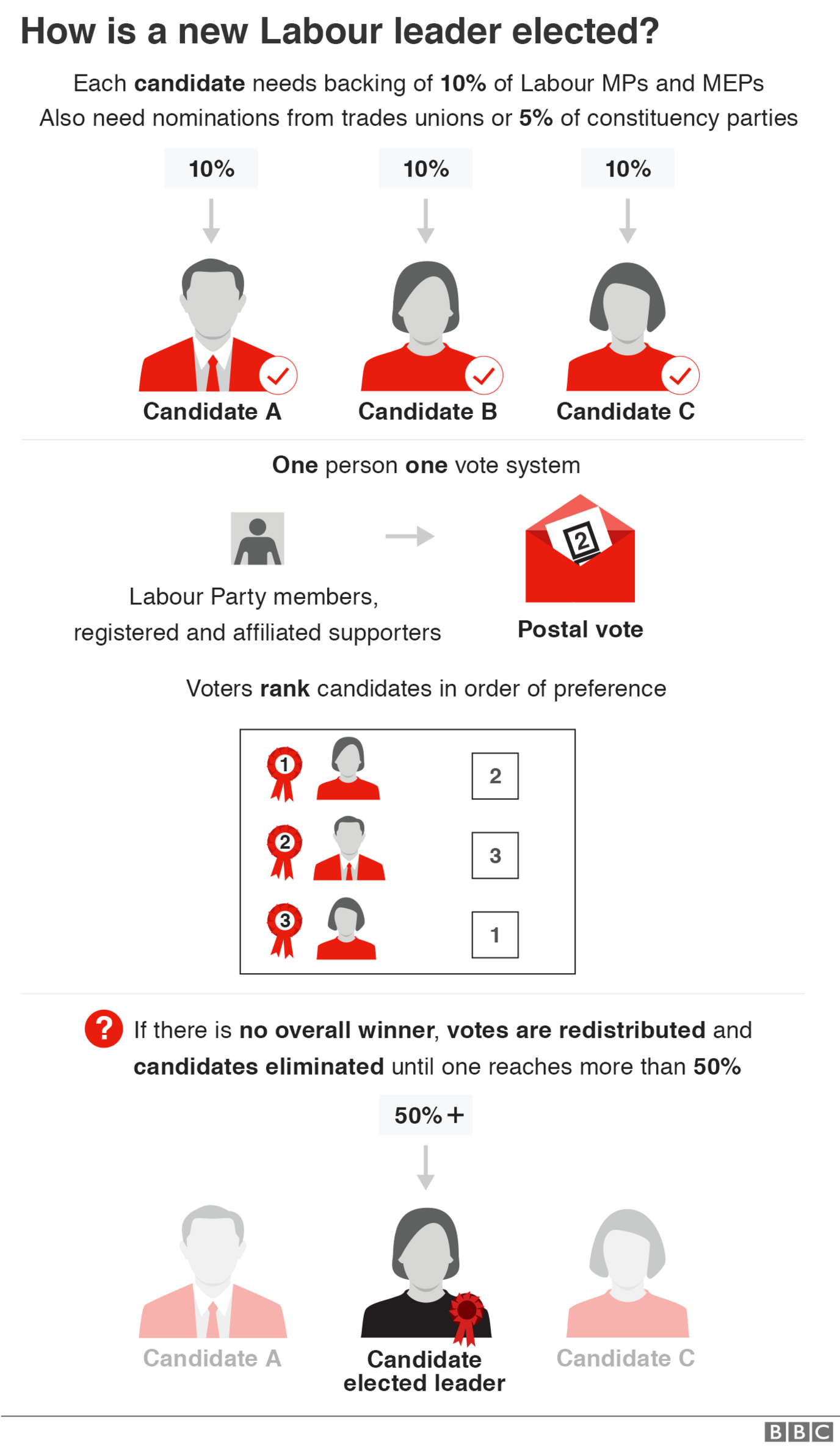

However, in comments that will be seen as an attempt to differentiate herself from the Labour leader, she called for the party to champion "progressive patriotism".
"From ex-miners in Blyth Valley to migrant cleaners in Brixton, from small businesses in Stoke-on-Trent to the self-employed in Salford, we have to unite our communities.
"Britain has a long history of patriotism rooted in working life, built upon unity and pride in the common interests and shared life of everyone.
"To win we must revive this progressive patriotism and solidarity in a form fit for modern Britain."
Mrs Long Bailey also suggested Labour had further to go in giving its members control of the party. "Our promise to democratise society will ring hollow if we can't even democratise our own party," she added.
Other contenders
So far, only Emily Thornberry and Clive Lewis have officially entered the race to replace Mr Corbyn, though a number of others - including former cabinet minister Yvette Cooper, party chairman Ian Lavery and Sheffield City Region mayor Dan Jarvis - have said they are thinking about standing
Labour's dire election performance has prompted a debate about the future direction of the party and how it can return to power.
A panel of party figures has been established to "map out a route back to power", but defeated MPs have argued any examination of Labour's performance requires "fundamental change" at the top of the party.
Mr Lewis told the BBC it would be wrong to solely blame Brexit or Jeremy Corbyn's leadership for the scale of the defeat, arguing that working-class support for Labour in northern England and the Midlands had been eroding for decades.
He said the party, when it was in power between 1997 and 2010, had failed to do enough to help people in communities affected by de-industrialisation and other major socio-economic changes "rebuild their lives".
"We have to work out why we weren't able to connect with people in these heartlands," he told Radio 4's Today. "Why couldn't we get our message across to them?
"We know that people under the age of 45 were pretty much pro-Labour but over that age it declined rapidly. That is something we have to look at."
- Published24 December 2019
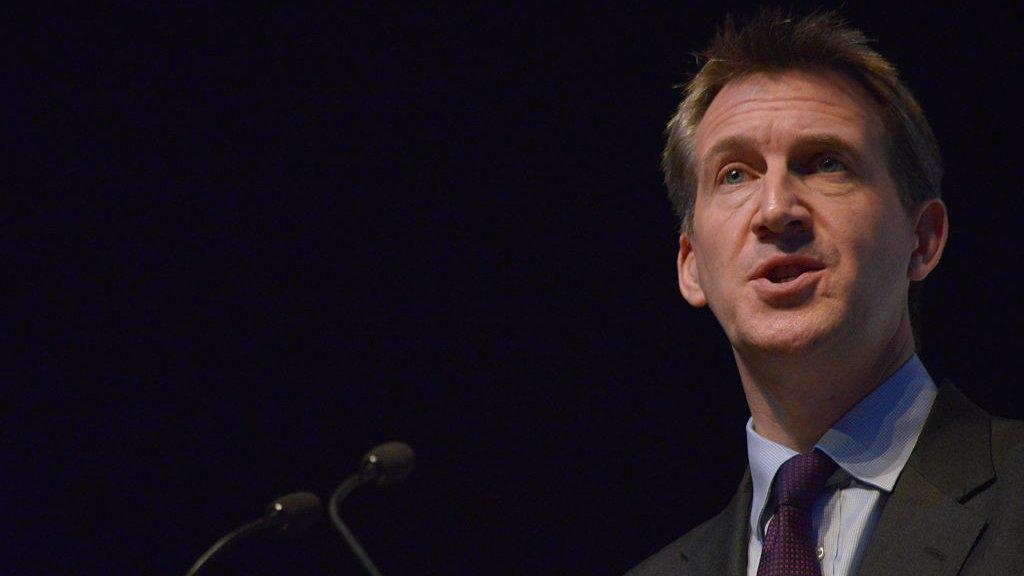
- Published19 December 2019
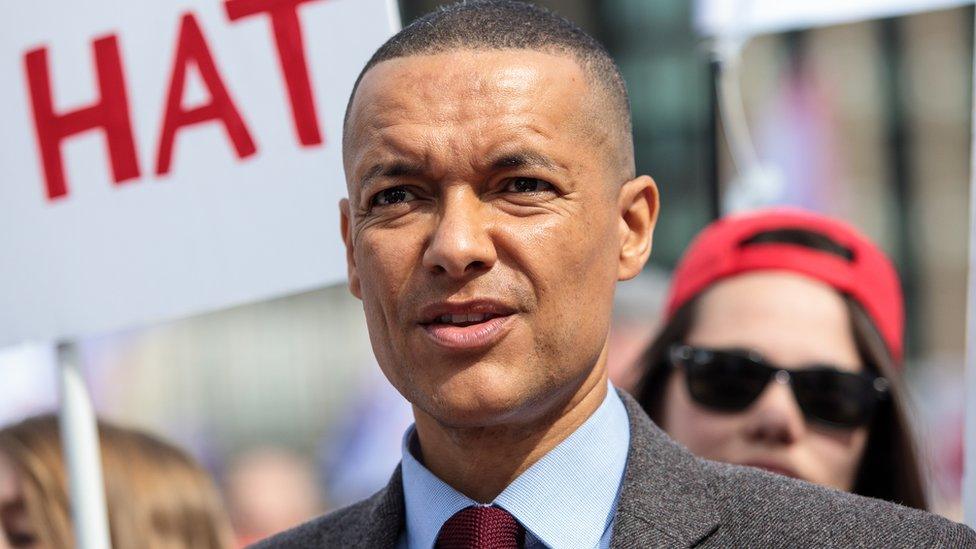
- Published18 December 2019
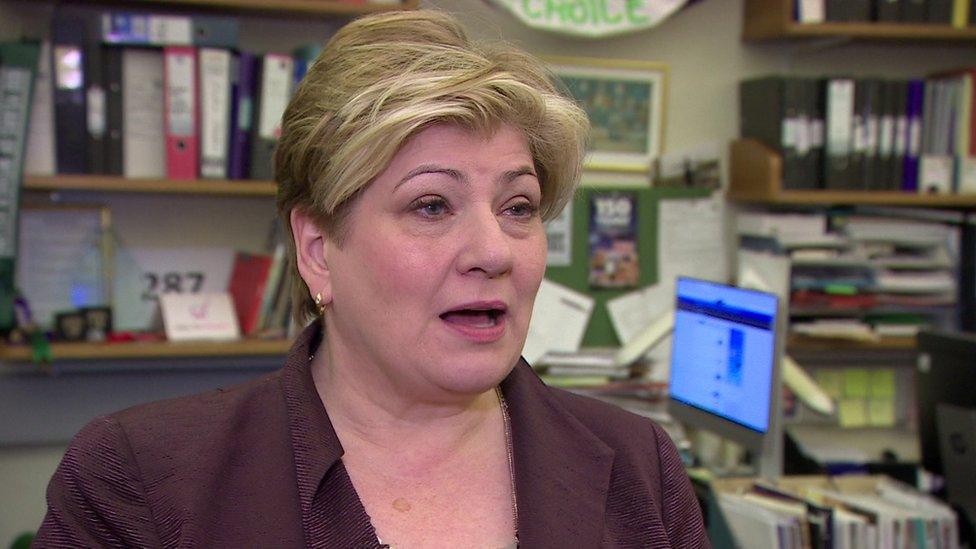
- Published25 March 2019
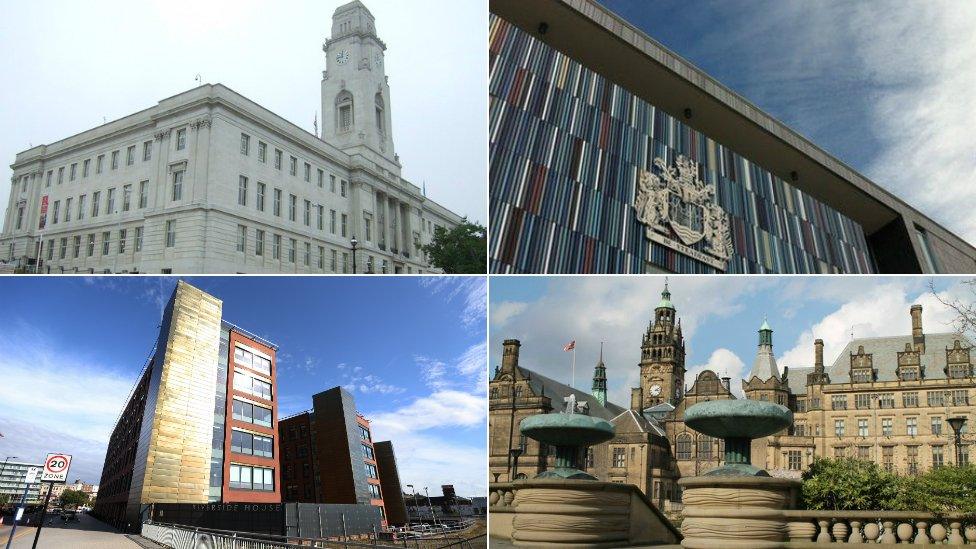
- Published25 February 2019
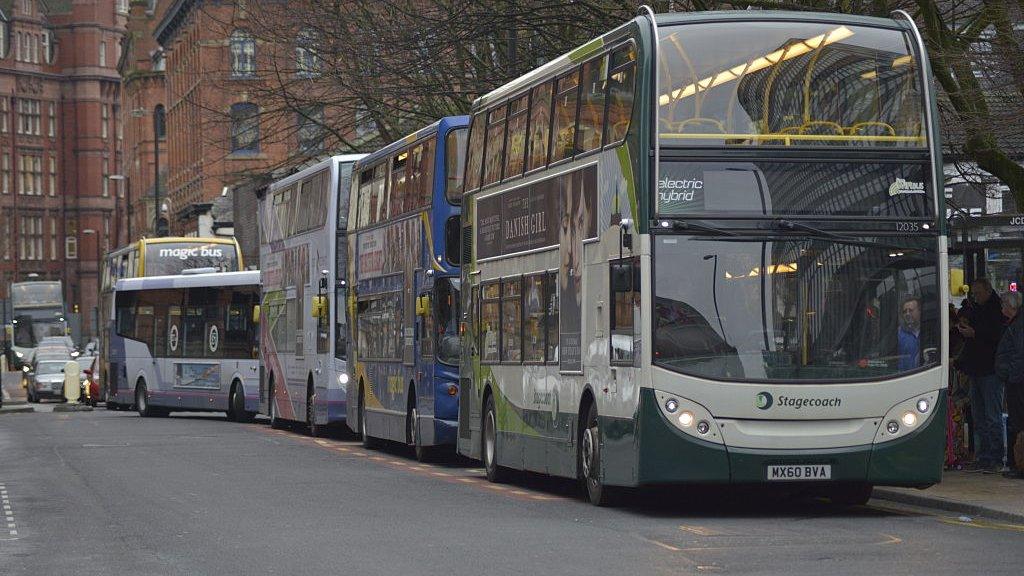
- Published4 May 2018
